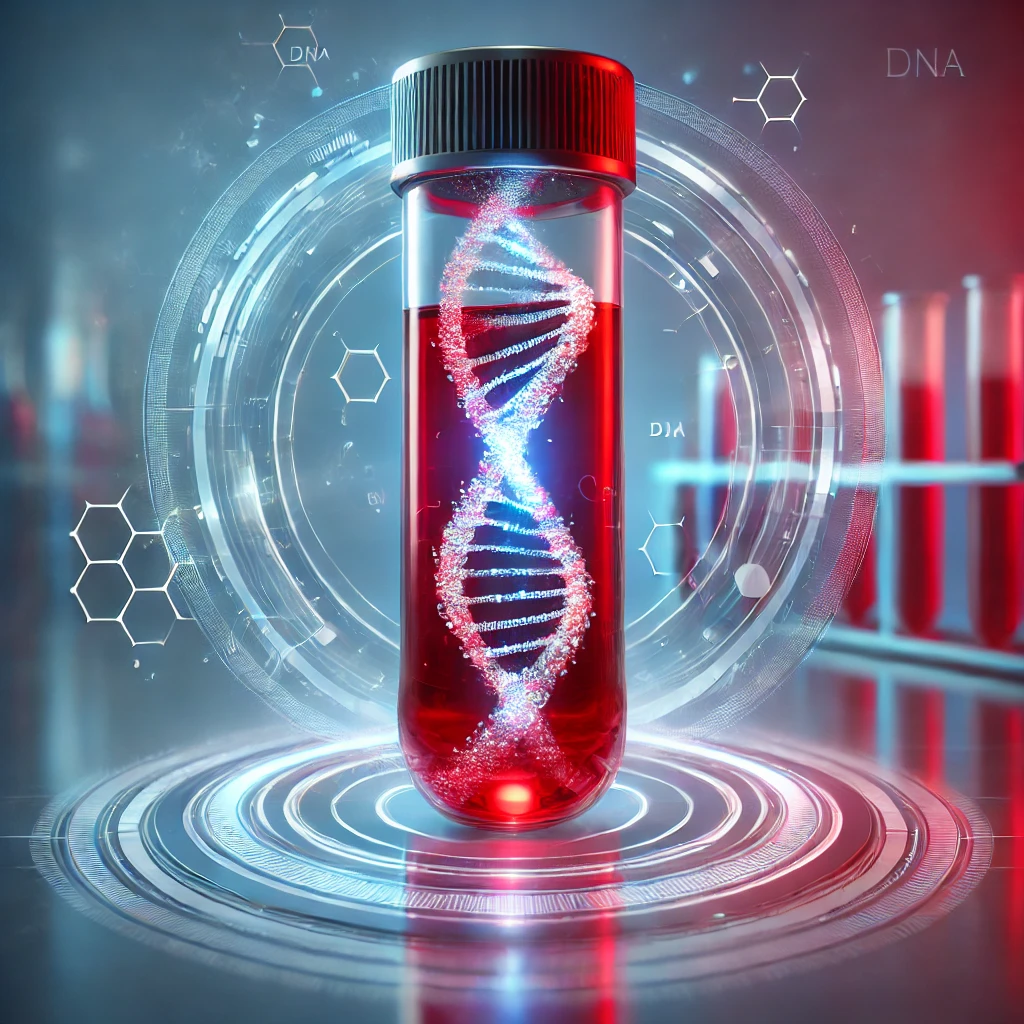A revolutionary blood test, known as the Galleri test, is making waves in the U.S. healthcare scene. This test claims to detect up to 50 types of cancer from a single blood draw. Sounds amazing, right? But is it really ready for widespread use?
How It Works
The test looks for cancer by identifying specific DNA markers in the blood. If a cancer signal is found, it even predicts where the cancer might be coming from. Experts like Dr. Eric Klein from Cleveland Clinic call it a “game-changer” because it could revolutionize early cancer detection.
The Catch
Before you rush to get tested, there are some things to consider. The test is not FDA-approved and costs around $950, which insurance doesn’t cover. Plus, it’s mainly recommended for people over 50 with a high risk of cancer.
Another concern? False positives. While the test has a low false-positive rate (0.5%), there’s still a chance you could receive a cancer signal when there’s no actual cancer, leading to stress and unnecessary medical procedures.
What’s Next?
Scientists are still refining the test to make it more accurate, especially for detecting cancer in its early stages. Clinical trials are ongoing, including a massive study in the UK with 140,000 participants.
Should You Get It?
For now, if you’re under 50 and not at high risk, it might be best to wait until more research is done. If you’re curious, talk to your doctor and consider joining a clinical trial.
New technology like this has the potential to change lives, but it’s important to stay informed and make smart health decisions!




